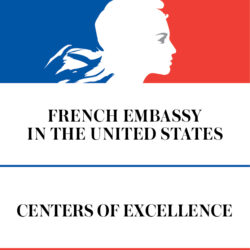
In Europe and the United States, discussions of Sharia law have become central to the current debates about Muslim integration. Although these debates are often presented as unprecedented, at the turn of the twentieth century the civil legal systems of Western Europe and the United States grappled considerably with the notion of legal pluralism, the nature of the relationship between religion and the state, and the legal status of religious minorities. Just as we are seeing in the contemporary Muslim case, the religious traditions of Jewish immigrants were perceived as setting them apart from the rest of society, and Jews' relationship to civil law became a test for determining their fitness for citizenship.
This talk will explore the complex relationship between religious and civil laws, through the case study of Russian Jewish marriage and divorce in the age of mass migration. More specifically, it will focus on the the legal and social implications of a dual system of marital laws (religious and civil) available to Jewish newcomers in France and the United States, two countries with a formal separation between religion and the state. The marital practices of Russian Jews, who stemmed from a confessional empire subjecting all marriages and divorces to religious law, often clashed with the civil legal systems of their host countries; a problem further compounded by their propensity to divorce and the specificities of Jewish divorce laws.Thus, Russian Jewish immigrants' transition from a confessional to a non-confessional state posed several challenges—to the immigrants themselves, but also to native Jewish communities and the legal systems in their new societies.The responses proffered to overcome these challenges paved the way for our contemporary understandings of how Western states should interact with minority religions.